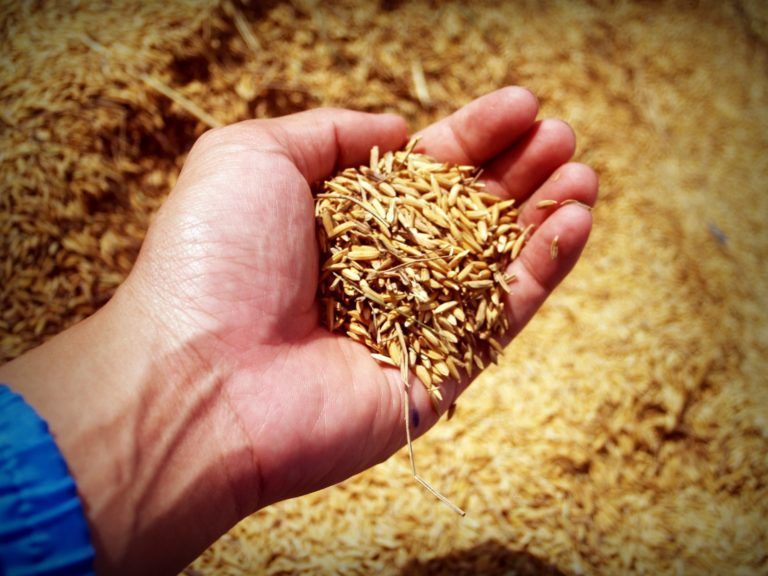The European Commission has approved an up to €10 billion Spanish scheme (“National Guarantee Scheme”) to support self-employed and companies across sectors in the context of Russia’s invasion of Ukraine. The scheme was approved under the State aid Temporary Crisis Framework, adopted by the Commission on 23 March 2022, based on Article 107(3)(b) of the Treaty on the Functioning of the European Union (‘TFEU’), recognising that the EU economy is experiencing a serious disturbance.
Executive Vice-President Margrethe Vestager, in charge of competition policy, said: “This €10 billion scheme will enable Spain to mitigate the economic impact of Putin’s war in Ukraine and to further support companies across sectors affected by the current geopolitical crisis. We continue to stand with Ukraine and its people. At the same time, we continue working closely with Member States to ensure that national support measures can be put in place in a timely, coordinated and effective way, while protecting the level playing field in the Single Market.”
The Spanish measure
Spain notified to the Commission under the Temporary Crisis Framework an up to €10 billion scheme to support self-employed and companies across sectors active in Spain in the context of Russia’s invasion of Ukraine.
The measure will be open to companies active in all sectors affected by the crisis, except credit and financial institutions.
The eligible beneficiaries will be entitled to receive limited amounts of aid and liquidity support in the form of guarantees on loans.
The Commission found that the Spanish scheme is in line with the conditions set out in the Temporary Crisis Framework. In particular, in relation to the limited amounts of aid, (i) the support will not exceed €35,000 per company active in the agriculture, fisheries and aquaculture sectors and €400,000 per company active in all other sectors; and (ii) the guarantees will be granted by 31 December 2022 at the latest. In relation to liquidity support, (i) the maturity of the guarantees cannot exceed eight years; (ii) the guarantee premiums respect the minimum levels (modulated in order to reflect the guarantee coverage and the duration of the guaranteed loans) set out in the Temporary Crisis Framework; and (iii) the guarantees will be granted by 31 December 2022 at the latest.
Furthermore, the public support will come subject to conditions to limit undue distortions of competition, including safeguards aimed at ensuring that the advantages of the measure are passed on to the largest extent possible to the final beneficiaries via the financial intermediaries.
The Commission concluded that the Spanish scheme is necessary, appropriate and proportionate to remedy a serious disturbance in the economy of a Member State, in line with Article 107(3)(b) TFEU and the conditions set out in the Temporary Crisis Framework.
On this basis, the Commission approved the aid measure under EU State aid rules.

Euro Banknotes – Our Money, Our Journey |
Background
On 23 March 2022, the Commission adopted the State aid Temporary Crisis Framework to enable Member States to use the flexibility foreseen under State aid rules to support the economy in the context of Russia’s invasion of Ukraine.
The Temporary Crisis Framework provides for the following types of aid, which can be granted by Member States:
- Limited amounts of aid, in any form, of up to €35,000 for companies affected by the crisis active in the agriculture, fisheries and aquaculture sectors and of up to €400,000 per company affected by the crisis active in all other sectors;
- Liquidity support in form of State guarantees and subsidised loans; and
- Aid to compensate for high energy prices. The aid, which can be granted in any form, will partially compensate companies, in particular intensive energy users, for additional costs due to exceptional gas and electricity price increases. The overall aid per beneficiary cannot exceed 30% of the eligible costs, up to a maximum of €2 million at any given point in time. When the company incurs operating losses, further aid may be necessary to ensure the continuation of an economic activity. Therefore, for energy-intensive users, the aid intensities are higher and Member States may grant aid exceeding these ceilings, up to €25 million, and for companies active in particularly affected sectors and sub-sectors up to €50 million.
Sanctioned Russian-controlled entities will be excluded from the scope of these measures.
The Temporary Crisis Framework includes a number of safeguards:
- Proportional methodology, requiring a link between the amount of aid that can be granted to businesses and the scale of their economic activity and exposure to the economic effects of the crisis; and
- Eligibility conditions, for example defining energy intensive users as businesses for which the purchase of energy products amount to at least 3% of their production value.
The Temporary Crisis Framework will be in place until 31 December 2022. With a view to ensuring legal certainty, the Commission will assess before that date if it needs to be extended. Moreover, during its period of application, the Commission will keep the content and scope of the Framework under review in the light of developments regarding the energy markets, other input markets and the general economic situation.
The Temporary Crisis Framework complements the ample possibilities for Member States to design measures in line with existing EU State aid rules. For example, EU State aid rules enable Member States to help companies cope with liquidity shortages and needing urgent rescue aid. Furthermore, Article 107(2)(b) of the Treaty on the Functioning of the European Union enables Member States to compensate companies for the damage directly caused by an exceptional occurrence, such as those caused by the current crisis.
Furthermore, on 19 March 2020, the Commission adopted a Temporary Framework in the context of the coronavirus outbreak. The COVID Temporary Framework was amended on 3 April, 8 May, 29 June, 13 October 2020, 28 January and 18 November 2021.
The non-confidential version of the decision will be made available under the case number SA.102711 in the State aid register on the Commission’s competition website once any confidentiality issues have been resolved. New publications of State aid decisions on the internet and in the Official Journal are listed in the Competition Weekly e-News.
More information on the Temporary Crisis Framework and other actions taken by the Commission to address the economic impact of Russia’s invasion of Ukraine can be found here.

Increased support for EU farmers through rural development funds |







Leave a Reply